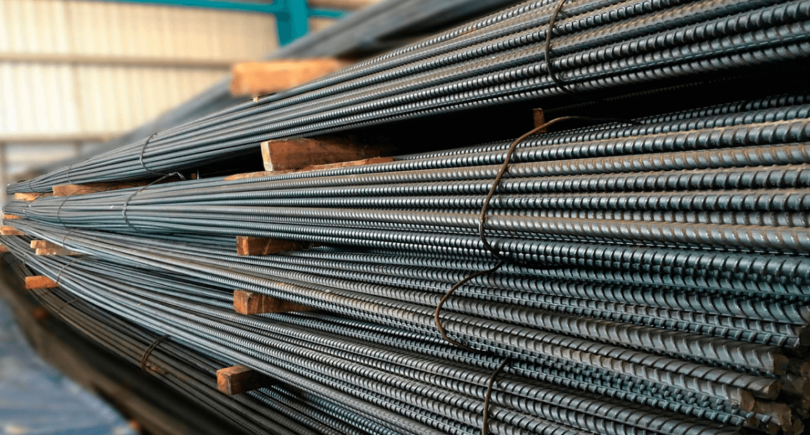
At the same time, the annual figure rose by 5.3%
Industrial orders in Germany fell by 1.4% in May compared to the previous month on a seasonally and calendar-adjusted basis, which was more than expected. This was reported by Reuters, citing data from the German Statistical Office (Destatis).
Thus, the indicator ended its recent growth and reflects a decline in demand in the eurozone. A Reuters poll of analysts pointed to a 0.1% decline.
At the same time, industrial orders in May 2025 rose by 5.3% year-on-year, taking into account calendar changes.
Excluding large orders, new orders were 3.1% lower than in the previous month.
Foreign orders rose 2.9% month-on-month in May this year. Orders from the eurozone fell 6.5% compared to April, while orders from outside the eurozone increased by 9%. Domestic orders fell by 7.8% compared to the previous month.
If the euro continues to strengthen, reducing Germany’s competitiveness, a slowdown in orders from outside the eurozone should be expected, said Cyrus de la Rubia, chief economist at Hamburg Commercial Bank.
In his opinion, this weakness may soon be overcome if a package of tax breaks makes investment more attractive.
A less volatile comparison of three-month figures showed that new orders from March to May were 2.1% higher than in the previous three months.
A revision of previous data showed that new orders in April rose by 1.6% m/m instead of the 0.6% previously reported. The relatively high revision is due to a late report in the automotive industry.
According to preliminary data from Destatis, real sales in the manufacturing sector in May were 1.9% lower than in the previous month and 1.7% lower year-on-year.
As GMK Center reported earlier, on June 4, the German government approved a package of tax breaks totaling €46 billion — the first in a series of expected measures — to support business and the economy for the period from 2025 to 2029. The goal is to strengthen the country’s competitiveness and stimulate investment. The package includes preferential depreciation rules, a gradual reduction in the corporate tax rate, and increased research assistance for companies.




